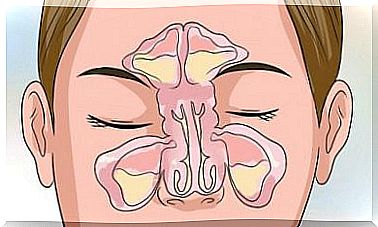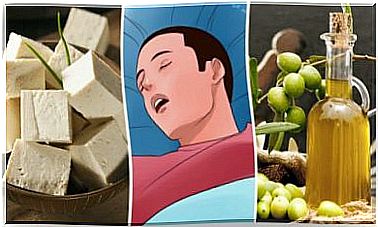Hydroquinone: What Is It For?
If you want to remove spots from the skin, consult your dermatologist to learn more about the usefulness of hydroquinone treatment.
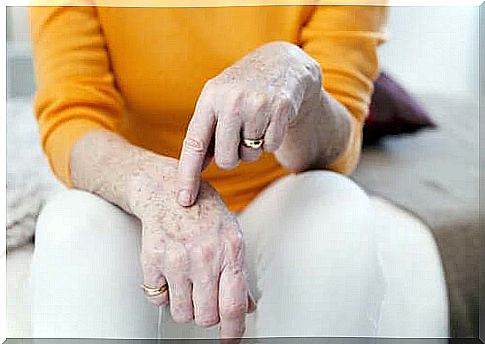
Hydroquinone is a chemical that is used in cosmetics for depigmenting treatments. It is mainly used to dispel particularly dark spots on the skin.
There are products with different concentrations of hydroquinone in their composition. The higher the concentration, the stronger the depigmentation action.
Mechanism of action of hydroquinone
The National Library of Medicine of the United States explains that melanin is the substance responsible for the pigmentation of the skin as well as the hair or even the iris of the eyes.
Hydroquinone works by blocking the production of melanin in the skin and at the same time increasing the breakdown of cells that store melanin. Blocking melanin production occurs through inhibition of tyrosinase, an enzyme that converts tyrosine into melanin.
In addition, it alters the structure of melanosomes by increasing their degradation or decreasing their production. The result of hydroquinone treatment is smoother skin with an even tone.
What would it be suitable for?
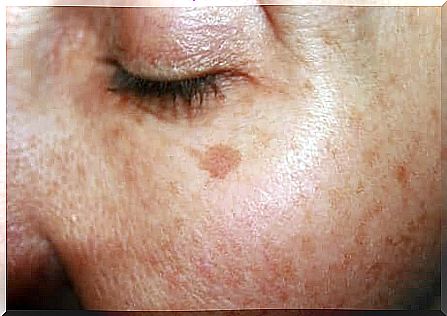
Hydroquinone is used to treat skin hyperpigmentation such as melasma, chloasma or lentigo. Lentigo is a fairly common type of spot that appears from chronic sun exposure and is normally seen after summer.
There are different alternatives and treatments depending on the type of skin spot. Hydroquinone is one of these options and its use is frequent, as can be read in the medical encyclopedia cited a few paragraphs above; nevertheless, it is important that the professional determines the most suitable option in each case.
Several causes favor the appearance of spots but the most common is sun exposure. Although solar radiation is a determining factor, it is not the only one; others are involved in the appearance of spots, such as:
- Skin phototype : phototypes I or II are more frequent on fair skin.
- Medicines: Some medicines, such as birth control pills, are photosensitive and can cause spots on the skin.
- Pregnancy.
- Smoking.
- Genetics and age.
- Already existing skin lesions.
How is hydroquinone used?
The Hydroquinone Skin Bleaching Cream article from WebMD reports that this compound can be used on any part of the body with a spot to dispel. However, care must be taken with the eyes and mucous membranes.
It is applied at night to the area to be treated, which should not be exposed to the sun without sun protection. If you have sensitive skin, it would be best to do a sensitivity test before using the product.
Hydroquinone only interferes in the formation of new melanin, so the depigmenting effect is not immediate. Several weeks must elapse before observing its benefits on the skin.
In addition, the effect of hydroquinone is temporary. This is because the production of melanin reactivates when treatment is stopped. Nevertheless, the depigmentation can be maintained between 2 and 6 months after the end of the treatment.
What are the possible side effects?
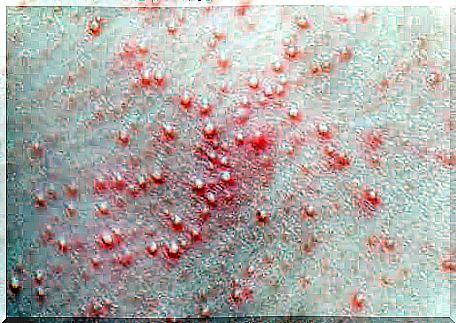
Among the most frequent complications that arise following the use of hydroquinone and which were mentioned by WebMD , we find the following:
- Irritant contact dermatitis.
- Reddening of the skin.
- Allergy to the component.
- Burning sensation.
In some people, other reactions may appear, such as blisters, swelling of the skin or tongue, difficulty in breathing, and pain in the chest. Hydroquinone is also photosensitive, which means that with exposure to sunlight, it can cause more spots and worsen the appearance of the skin.
Other side effects are related to the application of the cream for prolonged periods, such as loss of elasticity of the skin or discoloration of the nails.
Its prolonged use could also produce excess pigment, which is known as ochronosis. It is a dark blue stain, almost irreversible and very difficult to remove.
Finally, there is also a risk of developing an allergy to the product. To find out if you are sensitive to hydroquinone, it is advisable to first apply it to a small area of skin. A slight reddening is considered normal, but if signs of an allergic reaction appear, you should discontinue its use.
It is advisable to use it under medical supervision
To obtain results, it is advisable to use the depigmenting product on a regular basis and to combine it with the photoprotector specific to each case.
In this way, the results obtained with the treatment will be better and longer lasting. Do not forget to consult your dermatologist to find out if this treatment is the one for you.





